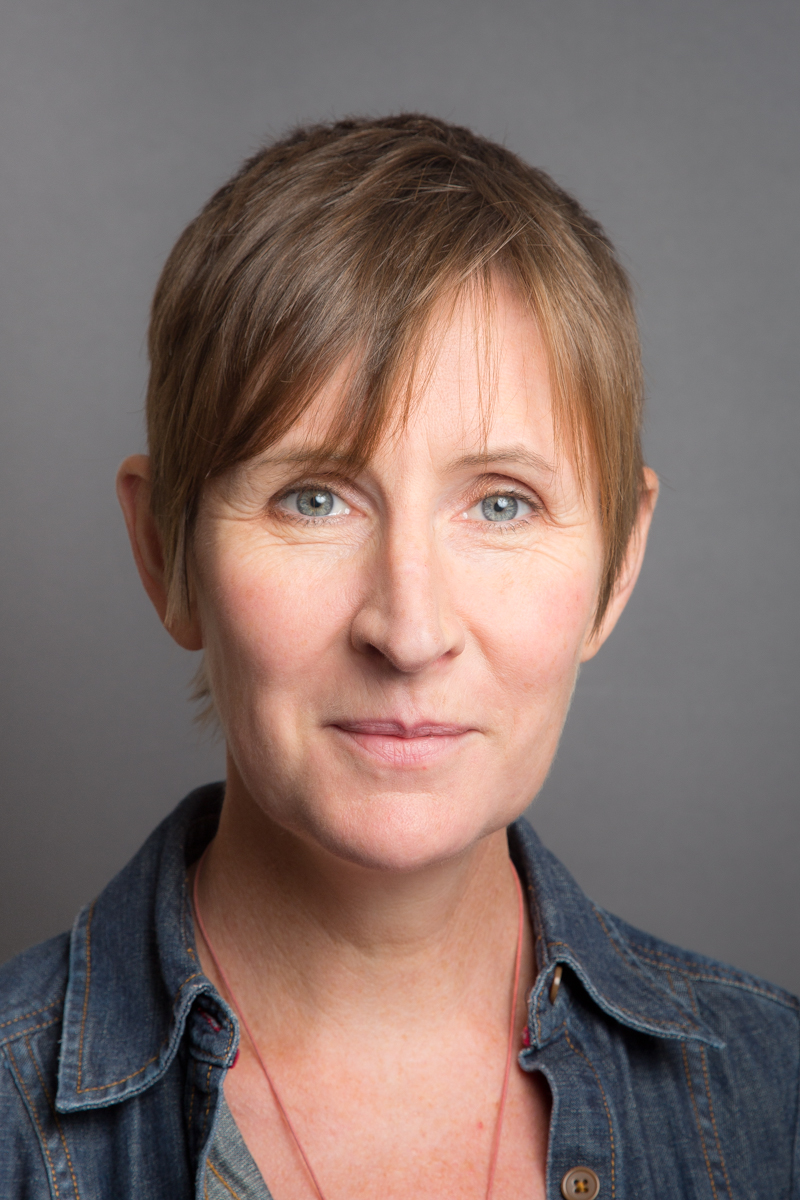Evaluation of the Sickle Cell Children and Young People Peer Mentoring Programme
What are we trying to do?
The Sickle Cell Children and Young Person’s Peer Mentoring Programme is designed to provide 10 to 24-year-olds with sickle cell disorder (SCD) with the knowledge, skills and confidence to take control of their health. The programme is delivered by the Sickle Cell Society.
In the programme, young people receive personalised mentoring, peer support and education, to help empower them to manage their disorder. The programme’s specific aims are to:
- improve the health and wellbeing of young people with SCD through training, emotional support from mentors and peer-support
- improve young people’s understanding and management of the condition
- improve young people’s ability to negotiate transition from children to adult services
- encourage young people’s involvement in volunteering to support others with the condition and engage more with their local community.
The programme was first piloted in London and following an initial evaluation has been rolled out across the North West and South Yorkshire. In this study, we aim to evaluate the Sickle Cell Children and Young People Peer Mentoring Programme in Manchester, Liverpool and Sheffield.
Why is this important?
Sickle cell disorder (SCD) is a genetic condition that affects haemoglobin molecules, which causes unusually shaped red blood cells. These cells don’t live as long as normal red blood cells and can block blood vessels, which can lead to painful sickle cell crises that warrant emergency medical attention.
Young people with SCD who are moving from child to adult services often find the transition difficult, and they may experience fear and distrust in navigating a new health system.
Peer support programmes are viewed as an important way for people with SCD to self-manage their condition. They are also a potentially effective way for young people to navigate the move from child to adult health services. But we need to know whether the Sickle Cell Children and Young People Peer Mentoring Programme is:
- being introduced effectively
- having a positive or negative impact on mentors and mentees
- having an impact on wider factors, like the use of other health services.
How are we doing it?
The North West and South Yorkshire evaluation of the Sickle Cell Children and Young People Peer Mentoring Programme will take place across 2 stages and will focus on the following research questions:
- What are the factors influencing the implementation of the Peer Mentoring Programme in the North West and South Yorkshire? How does this vary by city region?
- Is the Peer Mentoring Programme offering a model of service delivery that was anticipated against set objectives and is this acceptable to mentors and mentees?
- Are there any unintended consequences or benefits from the implementation of the Peer Mentoring Programme in the North West and South Yorkshire?
- What are mentees’ and mentors’ experiences of the Peer Mentoring Programme and how has this impacted individuals’ health and wellbeing and related areas such as awareness raising?
The two stages of the study are:
Stage 1: Sense-making and mapping
- We will interview service leads and other stakeholders involved in introducing the programme in each city region (Manchester, Sheffield, and Liverpool).
- We will use something called the ‘Ripple Effects Model’ (REM) to identify activities and outputs from the programme, as well as to find out what the intended, and unintended, consequences are.
- We will analyse the results of the REM activity to identify ‘impact pathways’ based on how well each pathway demonstrates change and wider impact. This will help us find out, for example, how many mentees were trained and the different groups of people that have been reached.
Stage 2: Mentor and mentee insights into implementation and impact of the Peer Mentoring Programme
- We will invite all 30-40 service users and 8 mentors involved in the programme to be involved in data collection, as well as take part in interviews and focus groups to create ‘narratives’ explaining their experiences.
Outputs from the evaluation will include:
- REM map showing key inputs of the peer mentoring programme and impact pathways and a programme ‘logic model’.
- Case studies of mentor and mentee experiences of the programme.
- Creative outputs that capture the data in an engaging and accessible way, co-designed with participants and stakeholders.
Who are we working with?
The Sickle Cell Society requested this evaluation.
More information

Programme Manager
Gill Rizzello
Gill.rizzello@manchester.ac.uk